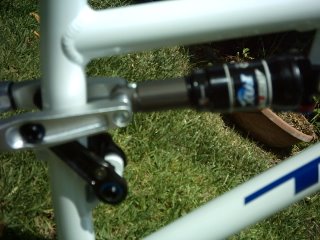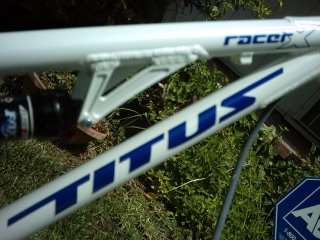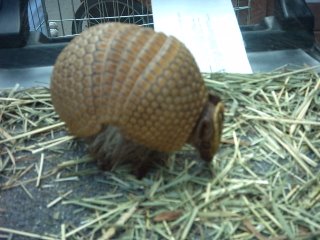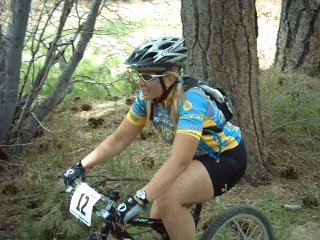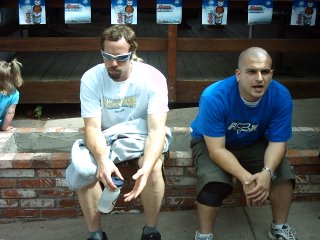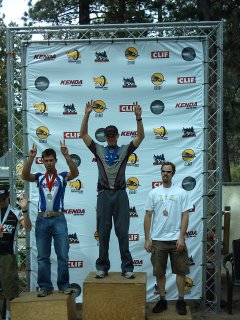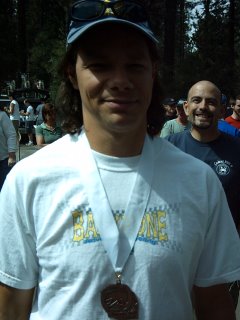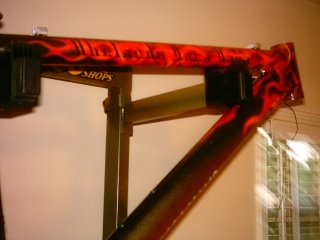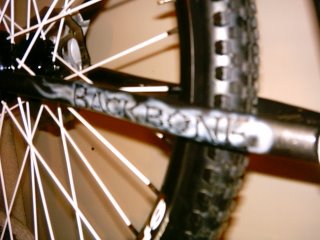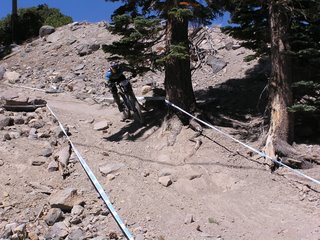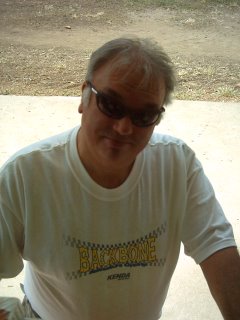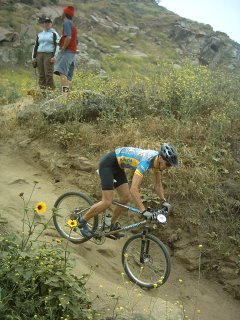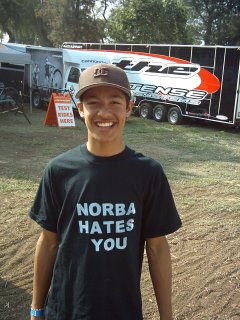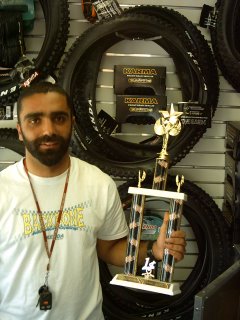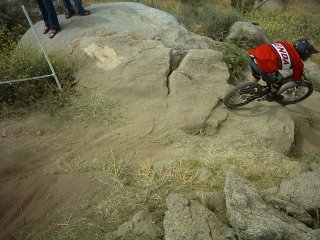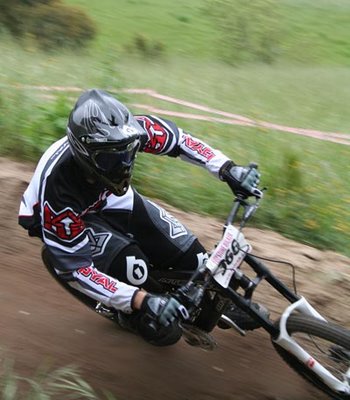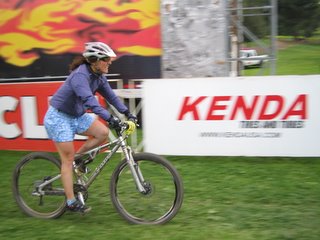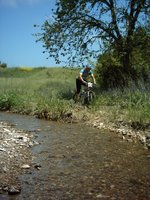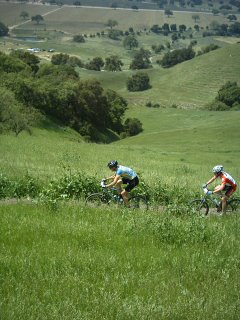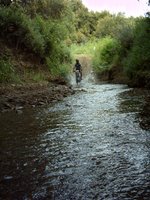Dutch report clears Lance of doping in 1999
Associated Press
Posted: 1 hour ago
AMSTERDAM, Netherlands (AP) - Dutch investigators cleared Lance Armstrong of doping in the 1999 Tour de France on Wednesday, and accused anti-doping authorities of misconduct in dealing with the American cyclist.
A 132-page report recommended convening a tribunal to discuss possible legal and ethical violations by the World Anti-Doping Agency and to consider "appropriate sanctions to remedy the violations."
The French sports daily L'Equipe reported in August that six of Armstrong's urine samples from 1999, when he won the first of his record seven-straight Tour titles, came back positive for the endurance-boosting hormone EPO when they were retested in 2004.
Armstrong has repeatedly denied using banned substances.
The International Cycling Union appointed Dutch lawyer Emile Vrijman last October to investigate the handling of urine tests from the 1999 Tour by the French national anti-doping laboratory, known by its French acronym LNDD.
Vrijman said Wednesday his report "exonerates Lance Armstrong completely with respect to alleged use of doping in the 1999 Tour de France."
The report also said the UCI had not damaged Armstrong by releasing doping control forms to the French newspaper.
The report said WADA and the LNDD may have "behaved in ways that are completely inconsistent with the rules and regulations of international anti-doping control testing," and may also have been against the law.
Vrijman, who headed the Dutch anti-doping agency for 10 years and later defended athletes accused of doping, worked on the report with Adriaan van der Veen, a scientist with the Dutch Metrology Laboratory.
EPO, or erythropoietin, is a synthetic hormone that boosts the oxygen-carrying capacity of the blood.
Testing for EPO only began in 2001.
Armstrong had challenged the validity of testing samples frozen six years ago, and how they were handled.
Vrijman said a further investigation was needed regarding the leaking of the results to the French paper.
He said a tribunal should be created to "provide a fair hearing" to the people and organizations suspected of misconduct and to decide on sanctions if warranted. Vrijman's statement did not specify what the alleged violations were.
The UCI said it was upset with Vrijman for commenting on the report before all parties involved in the case were informed.
"Upon reception of the document, the UCI will study in details the content before publishing it in its whole," the UCI said in a statement.
WADA chief Dick Pound said he hadn't received the report yet but, based on what he had read in news accounts, was highly critical of Vrijman's findings.
"It's clearly everything we feared. There was no interest in determining whether the samples Armstrong provided were positive or not," he told The Associated Press by telephone from Montreal. "We were afraid of that from the very beginning."
Pound reiterated his claim that the UCI had leaked the forms to a reporter from L'Equipe and was responsible for the doping samples being linked to Armstrong.
"Whether the samples were positive or not, I don't know how a Dutch lawyer with no expertise came to a conclusion that one of the leading laboratories in the world messed up on the analysis. To say Armstrong is totally exonerated seems strange," Pound said.
In a separate statement, WADA expressed "grave concern and strong disappointment" over Vrijman's reported comments.
"Elementary courtesy and professionalism would have dictated that WADA should have been provided with a copy of the report before interviews were given to the media," the statement said.
"WADA continues to stress its concern that an investigation into the matter must consider all aspects - not limited to how the damaging information regarding athletes' urine samples became public, but also addressing the question of whether anti-doping rules were violated by athletes."
The anti-doping lab at Chatenay-Malabry has been accused of violating confidentiality regulations.
Mario Zorzoli, the doctor who gave copies of Armstrong's doping control forms to L'Equipe, was suspended by the UCI for one month earlier this year. He has since been reinstated.
The full report was sent to the UCI, the LNDD, the French sports ministry, WADA and Armstrong's lawyer. The International Olympic Committee also had requested a copy.
The accusations against Armstrong raised questions about how frozen samples, routinely held for eight years, should be used.




